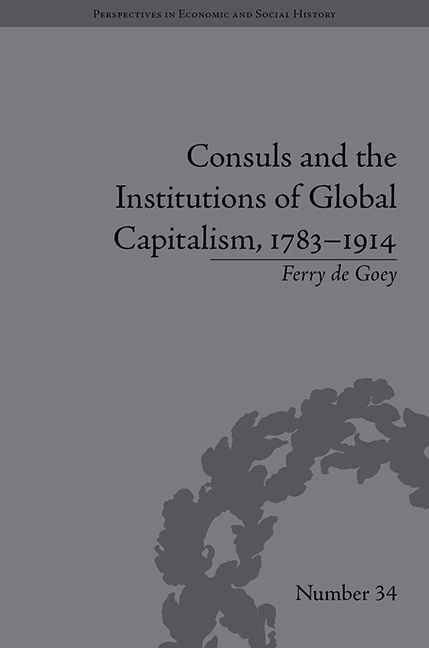3 - The Far East
Summary
In the Far East, the consuls and traders encountered a totally different system of international relations than in Europe: the Sino-centric system. Whereas in Europe, the sovereign states were sovereign and nominally equal, creating an anarchic system of international relations, in Asia states were placed in a hierarchy with China, the Middle Kingdom, at the top. All other states were considered vassals and were inferior because they had not become Sinicized. The hierarchy was based on the level of absorption of Chinese culture, including Confucianism. Nearby states, like Korea, the Kingdom of Ryukyu, Japan and Vietnam, had become more Sinicized than faraway states like Siam or India. To acknowledge the superiority of the Chinese emperor, the vassal states were obliged to send delegations and pay tribute. The frequency of missions and the size of the accompanying group depended on the distance to the Middle Kingdom and thus the level of civilization.
Over the centuries, the Sino-centric system of tributary relations had become well-structured and organized; the elaborate ceremonies, including the kowtow during the reception with the emperor, had become familiar to all. After paying tribute and receiving gifts from the Chinese in return, the foreign mission was allowed to stay for several weeks or months to trade at selected places and ports before returning to their homeland. Despite this hierarchy, international relations were usually cordial and frequent.
- Type
- Chapter
- Information
- Publisher: Pickering & ChattoFirst published in: 2014



